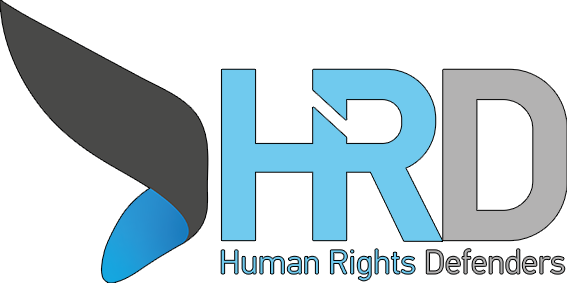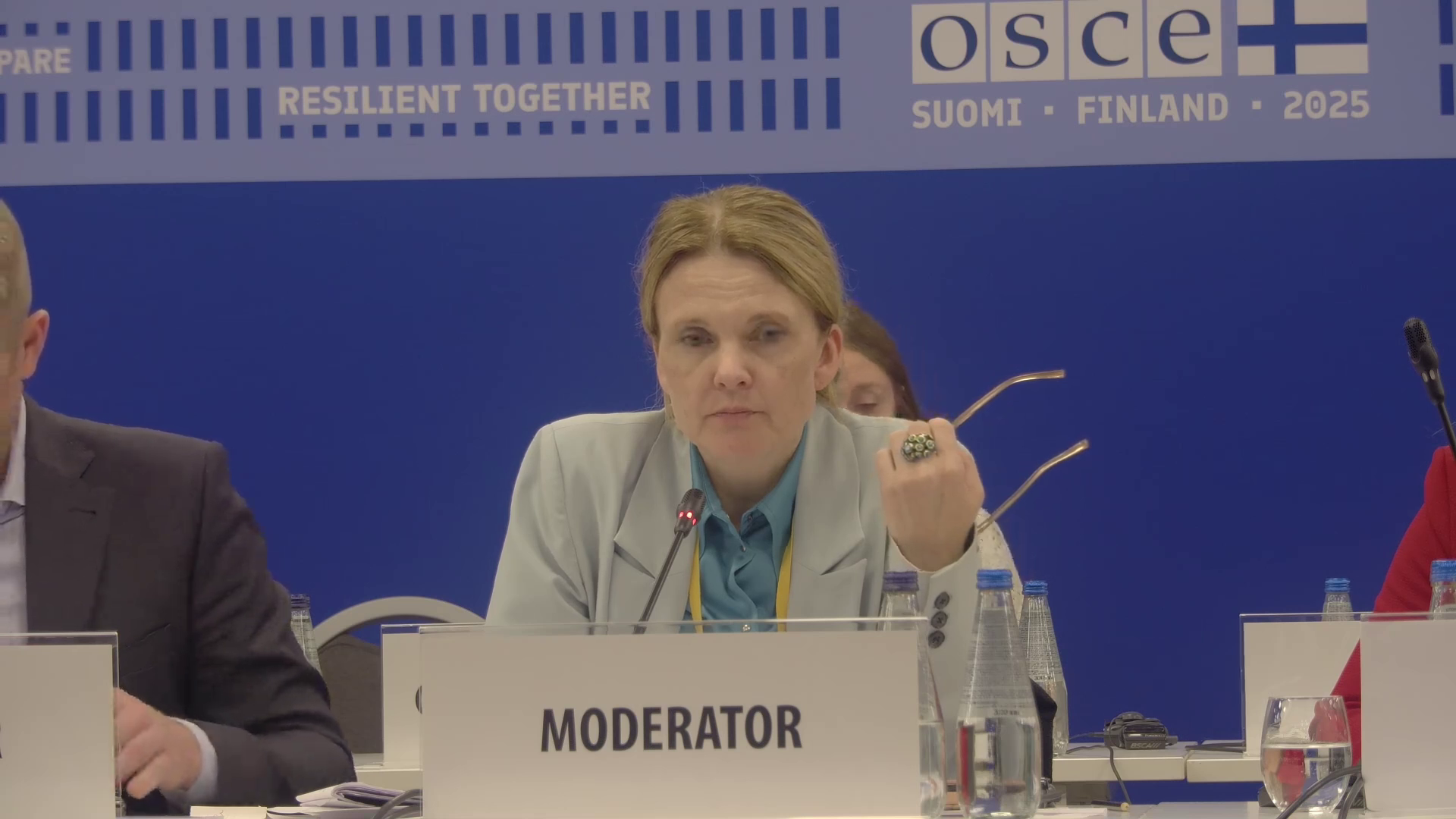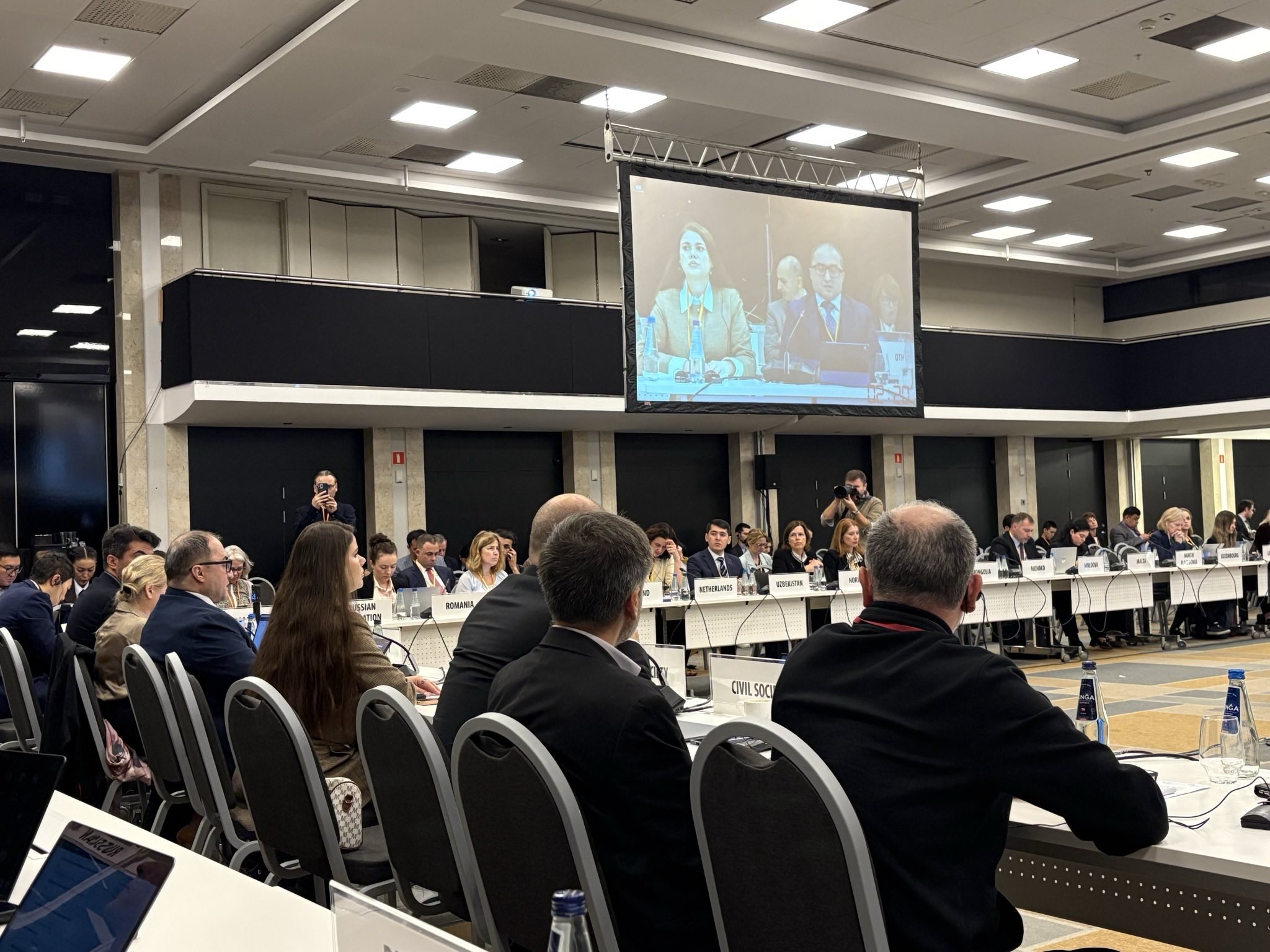Privacy Policy
The responsible body within the meaning of data protection laws, in particular the EU General Data Protection Regulation (GDPR), is:
Human Rights Defenders e. V.
Chairman of the Board, Hüseyin Demir
Behrenstr. 29
10117 Berlin, Germany
Email: info@humanrights-ev.com
Your rights as a data subject
You can exercise the following rights at any time by contacting our data protection officer using the contact details provided:
- Information about your data stored by us and its processing
- Correction of inaccurate personal data,
- Deletion of your data stored by us,
- Restriction of data processing, if we are not yet permitted to delete your data due to legal obligations,
- Objection to the processing of your data by us, and
- Data portability, provided that you have consented to data processing or have concluded a contract with us.
If you have given us your consent, you can revoke it at any time with effect for the future.
You can contact your competent supervisory authority at any time with a complaint. Your competent supervisory authority depends on the state in which you live, work, or where the alleged violation occurred. A list of supervisory authorities (for the non-public sector) with addresses can be found at: https://www.bfdi.bund.de/DE/Infothek/Anschriften_Links/anschriften_links-node.html.
Purposes of data processing by the responsible body and third parties
We process your personal data only for the purposes stated in this privacy policy. Your personal data will not be transferred to third parties for purposes other than those stated. We will only pass on your personal data to third parties if:
- you have given your express consent,
- the processing is necessary for the performance of a contract with you,
- the processing is necessary to fulfill a legal obligation,
processing is necessary to safeguard legitimate interests and there is no reason to assume that you have an overriding interest worthy of protection in not disclosing your data.
Deletion or blocking of data
We adhere to the principles of data avoidance and data minimization. We therefore only store your personal data for as long as is necessary to achieve the purposes stated here or as provided for by the various storage periods stipulated by law. After the respective purpose has ceased to exist or these periods have expired, the corresponding data will be routinely blocked or deleted in accordance with the statutory provisions.
You can send a request for the deletion of your personal data via the contact form.
Collection of general information when visiting our website
When you access our website, information of a general nature is automatically collected by means of a cookie. This information (server log files) includes, for example, the type of web browser, the operating system used, the domain name of your Internet service provider, and similar information. This is exclusively information that does not allow any conclusions to be drawn about your person.
This information is technically necessary in order to correctly deliver the content you have requested from websites and is mandatory when using the Internet. It is processed in particular for the following purposes:
- Ensuring a smooth connection to the website,
- Ensuring the smooth use of our website,
- evaluating system security and stability, and
- for other administrative purposes.
The processing of your personal data is based on our legitimate interest in the aforementioned purposes for data collection. We do not use your data to draw conclusions about your person. The recipients of the data are only the responsible body and, if applicable, the processor.
We may statistically evaluate anonymous information of this kind in order to optimize our website and the technology behind it.
Cookies
Like many other websites, we also use so-called “cookies.” Cookies are small text files that are transferred from a website server to your hard drive. This automatically provides us with certain data, such as your IP address, the browser you are using, your operating system, and your connection to the Internet.
Cookies cannot be used to start programs or transfer viruses to a computer. The information contained in cookies enables us to facilitate navigation and ensure that our web pages are displayed correctly.
Under no circumstances will the data we collect be passed on to third parties or linked to personal data without your consent.
Of course, you can also view our website without cookies. Internet browsers are usually set to accept cookies. In general, you can deactivate the use of cookies at any time via your browser settings. Please use the help functions of your Internet browser to find out how to change these settings. Please note that individual functions of our website may not work if you have deactivated the use of cookies.
SSL encryption
To protect the security of your data during transmission, we use state-of-the-art encryption methods (e.g., SSL) via HTTPS.
Contact
If you contact us by email or contact form with any questions, you give us your voluntary consent for the purpose of contacting you. The following personal data will be collected and processed:
Last name, first name
Email
The information you provide will be stored for the purpose of processing your request and for possible follow-up questions. Your personal data will not be passed on to third parties. Once your request has been processed, your personal data will be automatically deleted.
Use of Google Analytics
This website uses Google Analytics, a web analytics service provided by Google Inc. (hereinafter: Google). Google Analytics uses “cookies,” which are text files placed on your computer, to help the website analyze how users use the site. The information generated by the cookie about your use of the website will generally be transmitted to and stored by Google on servers in the United States. However, due to the activation of IP anonymization on these web pages, your IP address will be truncated by Google within member states of the European Union or in other signatory states to the Agreement on the European Economic Area. Only in exceptional cases will the full IP address be transmitted to a Google server in the USA and truncated there. On behalf of the operator of this website, Google will use this information to evaluate your use of the website, to compile reports on website activity, and to provide other services related to website activity and internet usage to the website operator. The IP address transmitted by your browser as part of Google Analytics will not be merged with other Google data.
The purposes of data processing are to evaluate the use of the website and to compile reports on activities on the website. Based on the use of the website and the internet, further related services are then to be provided. The processing is based on the legitimate interest of the website operator.
You can prevent cookies from being stored by adjusting your browser software settings accordingly; however, we would like to point out that in this case you may not be able to use all functions of this website to their full extent. You can also prevent Google from collecting the data generated by the cookie and relating to your use of the website (including your IP address) and from processing this data by downloading and installing the browser plug-in available under the following link: Browser add-on to deactivate Google Analytics.
In addition to or as an alternative to the browser add-on, you can prevent Google Analytics from tracking you on our pages by clicking this link. This will install an opt-out cookie on your device. This will prevent Google Analytics from collecting data for this website and for this browser in the future, as long as the cookie remains installed in your browser.
Use of script libraries (Google Web Fonts)
In order to display our content correctly and in a graphically appealing manner across browsers, we use script libraries and font libraries such as Google Web Fonts (https://www.google.com/webfonts/) on this website.
Google Web Fonts are transferred to your browser’s cache to avoid multiple loading. If your browser does not support Google Web Fonts or prevents access, content will be displayed in a standard font.
Calling up script libraries or font libraries automatically triggers a connection to the library operator. It is theoretically possible—although currently unclear whether and, if so, for what purposes—that operators of such libraries collect data.
The privacy policy of the library operator Google can be found here: https://www.google.com/policies/privacy/
Use of Google Maps
This website uses Google Maps API to visually display geographic information. When using Google Maps, Google also collects, processes, and uses data about visitors’ use of the map functions. For more information about data processing by Google, please refer to Google’s privacy policy. There you can also change your personal privacy settings in the privacy center.
Detailed instructions on managing your own data in connection with Google products can be found here.
Changes to our privacy policy
We reserve the right to amend this privacy policy so that it always complies with current legal requirements or to implement changes to our services in the privacy policy, e.g., when introducing new services. The new privacy policy will then apply to your next visit.
Questions for the data protection officer
If you have any questions about data protection, please send us an email: info@humanrights-ev.com







